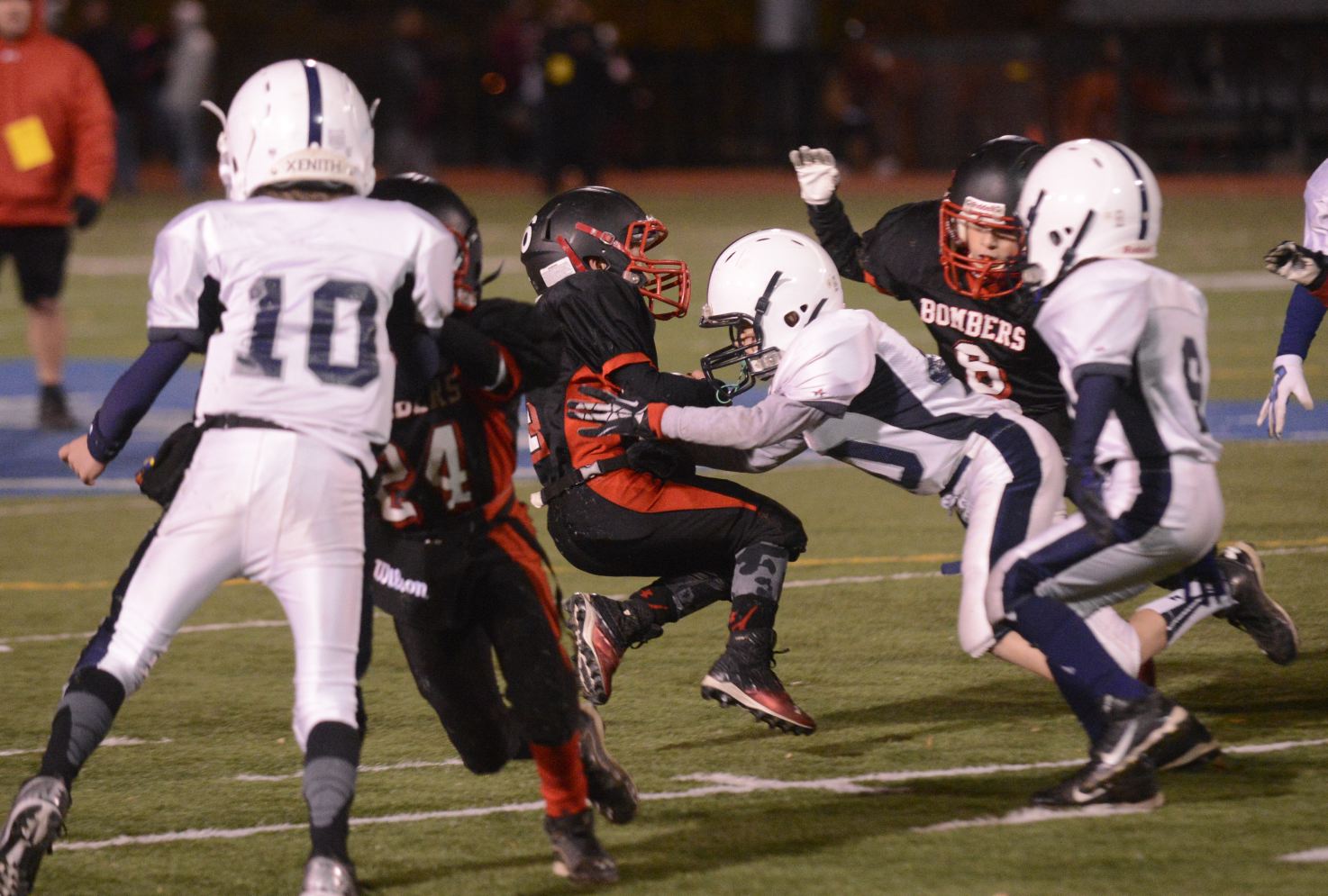Ban From Gambling
As to non-banned states, since we're talking about state law vs federal law, the non-banned states' statutory definitions of online gambling presumably do not catch games LL has designated as games of skill (which, of course, are not games of chance - the whole point of LL's approvals procedure for games of skill in the first place was to weed.
CALL
- The Pennsylvania Gaming Control Board offers self-exclusion programs to help individuals affected by problem gambling distance themselves from the temptation of gambling. Self-exclusion allows these individuals to voluntarily ban themselves from casinos, internet-based gambling, video gaming terminals and fantasy sports wagering.
- Here are seven ways to get banned from a casino. When a casino suspects that a gambler is cheating, they will immediately ban the gambler for life. Of course, if the casino catches a player in the act, the establishment will probably get local law enforcement involved.
24-hour helpline
1-800-NEXT-STEP
TEXT
NEXT-STEP
to
53342
LEARN
resources to help educate
Answering these quick questions will help you understand if gambling is having a negative impact in your life. This anonymous test is a screening instrument only and answers are not recorded.
Self-Exclusion
Consider
Self-Exclusion
Self-Exclusion allows a person to self ban from all Indian Gaming Facilities within the State of Arizona. This ban also includes the use of any of the services or privileges of the facility.
Out-Patient Treatment Providers
Get the Help You
Need
Arizona Division of Problem Gambling subsidizes treatment for both individuals with a problem gambling or anyone affected by a problem gambler (family, friends, co-workers, employers, etc…) through our Treatment Assistance Program (TAP).
Looking for More Information and Resources for Problem Gambling?
Prevention Promotes Healthy Choices
Increasing knowledge about Problem Gambling leads to improved decision making and problem solving. Prevention helps to dispel misconceptions surrounding gambling.
Request a Presentation
DPG offers free, informational presentations to your school, parent organization, behavioral and/or mental health agency and more! Our presentations are educational and interactive; they can be tailored to the needs and demographics of any audience.
Prevention Grants
In 2019, DPG awarded its first Prevention Grant aimed at preventing problem gambling behaviors and associated risks in youth ages 13-25. Find more information here.

If you’re worried about how much you're spending on gambling, then there is lots of support out there to help you. Including banks.
What Tools Do Banks Provide Their Users?
Can banks block gambling transactions? We run through the major UK high street banks and outline what services they provide to their at-risk customers.
Many banks are now working on plans to help customers restrict their spending on gambling, offering gambling blocking solutions, with some banks allowing customers to 'turn off' payments to certain types of retailer, including gambling services.

What is the Gambling Block?
While each scheme operates in their own way, fundamentally they all work the same. The gambling block is a feature that allows you to block your bank account/bank card/credit card from being used for gambling transactions.
Which banks offer a Gambling Blocking Services?
Royal Bank of Scotland
Offers a card locking feature to customers which include a blocker specifically for gambling transactions.
Learn more about the Royal Bank of Scotland's services below.
Lloyds Bank
A feature within their banking app, which lets customers quickly freeze and unfreeze different types of transactions on their debit or credit cards. As well as offering their customers access to Gamban.
Learn more about Lloyds Bank's services below.
Halifax
Offers customers various useful tools and support such as; financial tracking, personal support and advice and access to Gamban licences to block online gambling.
Learn more about Halifax's services below.
Bank of Scotland
Offers a card freezing feature, which, include a blocker specifically for gambling transactions.
Learn more about the Bank of Scotland's services below.
mbna
Allows customers to keep track of their bills and spending by using their Online Card Services.
Learn more about mbna's services below.
HSBC
Allows customers to voluntarily add or remove gambling restrictions on their debit cards or credit cards (including Pay by Bank app). HSBC also offers a 'Cool Off Period', this means that customers can opt to lift the gambling restriction, but transactions will still be declined until the 'Cool Off Period' has completed.
Learn more about HSBC's services below.
Monzo
Allows customers to block gambling transactions on their Monzo account, straight from the app. To turn off the block, customers will need to talk to Monzo's customer support team. Where they'll ask questions to see if their situation has changed since first switching on the restrictions.
Learn more about Monzo's services below.
Starling Bank
Allows customers to block online payments, including gambling transactions, easily from their banking app.
Learn more about Starling Bank's services below.
Natwest
Offers customers a card locking feature, which includes a gambling transactions blocker, within the banking app.
Learn more about Natwest's services below.
Barclays
Allows customers to block debit card payments to certain types of merchants, including gambling websites and apps, within their banking app.
Learn more about Barclays' services below.
Santander
Allows customers to block specific transaction types without freezing their Mastercard entirely (iOS devices only, coming soon for Android).
Pa Gambling Ban
Learn more about Santander's services below.
Ban Gambling Advertising
Why are banks doing this?
Ban Gambling Ads
People who have gambling problems and decide to stop can choose to self-exclude from gambling, use software to block online gambling sites and self-exclude physically from betting shops and casinos. While these are all helpful ways for people to get support, many banks believe they can do more to support self-exclusion too.